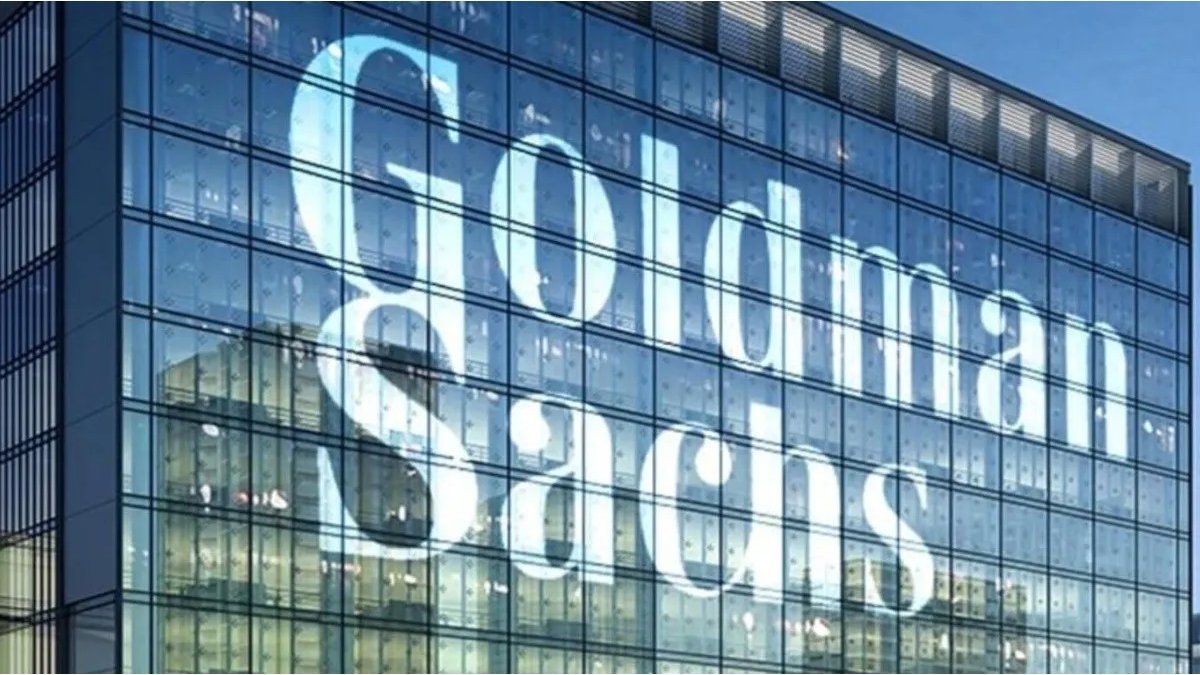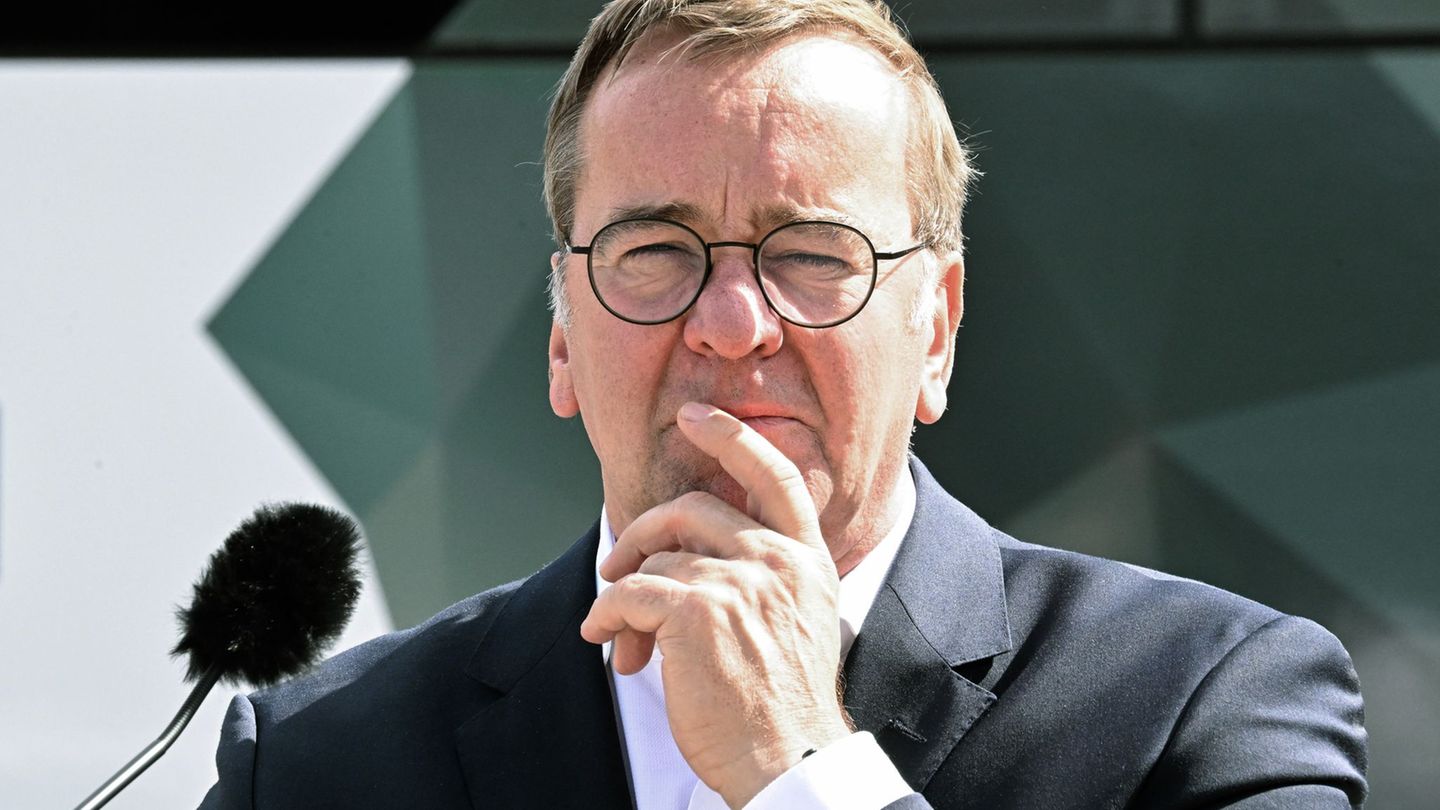Rising prices, an increase in fish-eaters and collapsing sales of crabs, for example: the situation in the fishing industry is currently tense, says the responsible association.
According to the association, rising costs and reluctance to purchase have exacerbated the crisis facing professional fishermen on the Baltic and North Seas. The prices for diesel and fuel for cutters and ships have increased again by 20 percent, said the President of the German Fishing Association, Gero Hocker, in the run-up to the German Fishing Day in Erfurt. The federal government is also stepping in this year with aid payments amounting to ten million euros. “But that’s just a drop in the ocean.”
Equipment, materials and repairs have also become more expensive across the board, said Hocker. In addition, inland fisheries and aquaculture operations, for which the federal states are responsible, would also suffer from the cost increases. In addition, there would be a reluctance to buy, especially for high-priced products. Alaska pollock is now more popular with consumers than conventional salmon. The fact is, however, that fish stocks in the North and Baltic Seas have increased and that the majority of products from German fishing have the additional MSC sustainability certificate.
Sales of North Sea crabs collapsed
Sales of North Sea crabs have fallen by 40 percent in the past two years, said association vice-president Dirk Sander. “The situation for coastal fishermen is very difficult at the moment, there are a number of bankruptcies.” At the same time, Sander turned against EU plans that would ban fishing with bottom trawls, i.e. nets that touch the seabed, by 2030. That would be the end of the crab fishery in the North Sea, said Sander.
The association was also critical of the protection status and spread of piscivores such as cormorants, otters and gray seals. “We have the sometimes absurd situation that more cod are now eaten by cormorants in the Baltic Sea than are caught by professional fishermen,” said Hocker. There are now more than 35,000 gray seals living in the east of the Baltic Sea, which eat five to ten kilograms of fish per day. Quota management for cormorants and the like is necessary not only for economic but also for ecological reasons in order to protect fish stocks. “The protection of biodiversity must not stop at the surface of the water,” demanded Hocker.
Association views NGOs critically
Non-governmental organizations (NGOs) sometimes play a problematic role here, emphasized Hocker. All too often, they have made it their business model to focus on species that are probably more suitable for fundraising than animals that live underwater with scales and glassy eyes.
According to its own information, the German Fishing Association represents the interests of up to a million organized fishermen and anglers from all sectors of German fishing. According to the association, the turnover of the marine fishing industry in 2022 was 187 million euros. The revenue from inland fishing and fish farming is estimated at around 100 million euros. Nationwide, around 6,000 people are employed in the production of fish and seafood – a further 15,000 to 20,000 workers depend on domestic production.
Source: Stern




